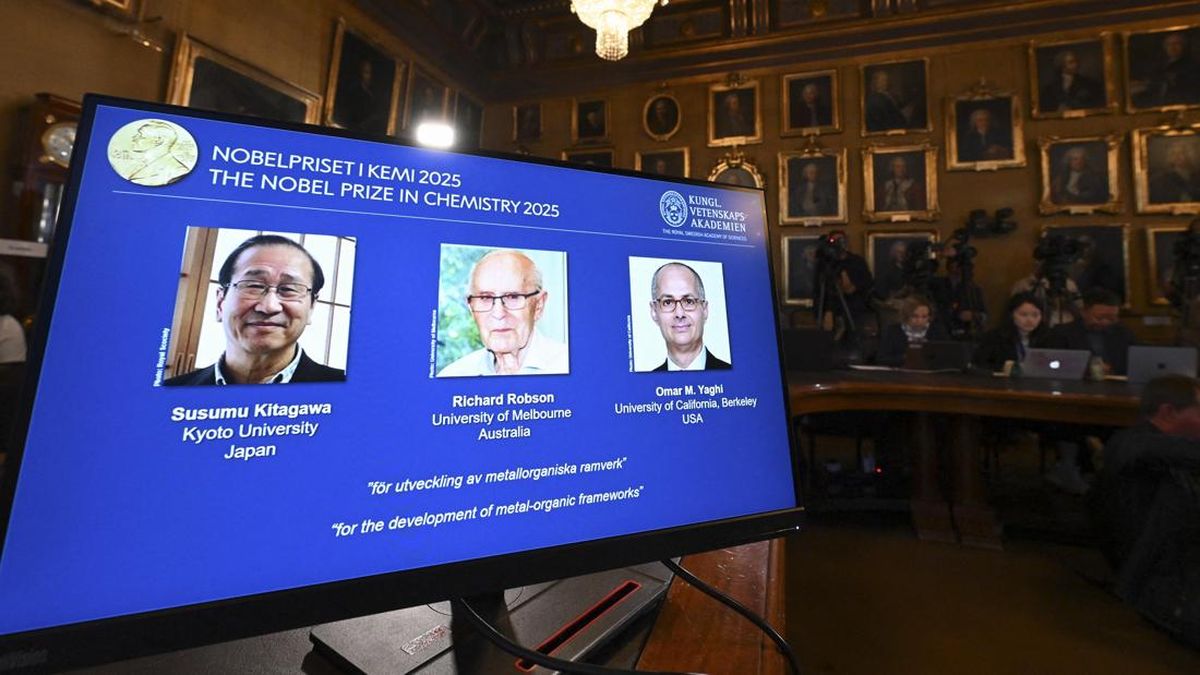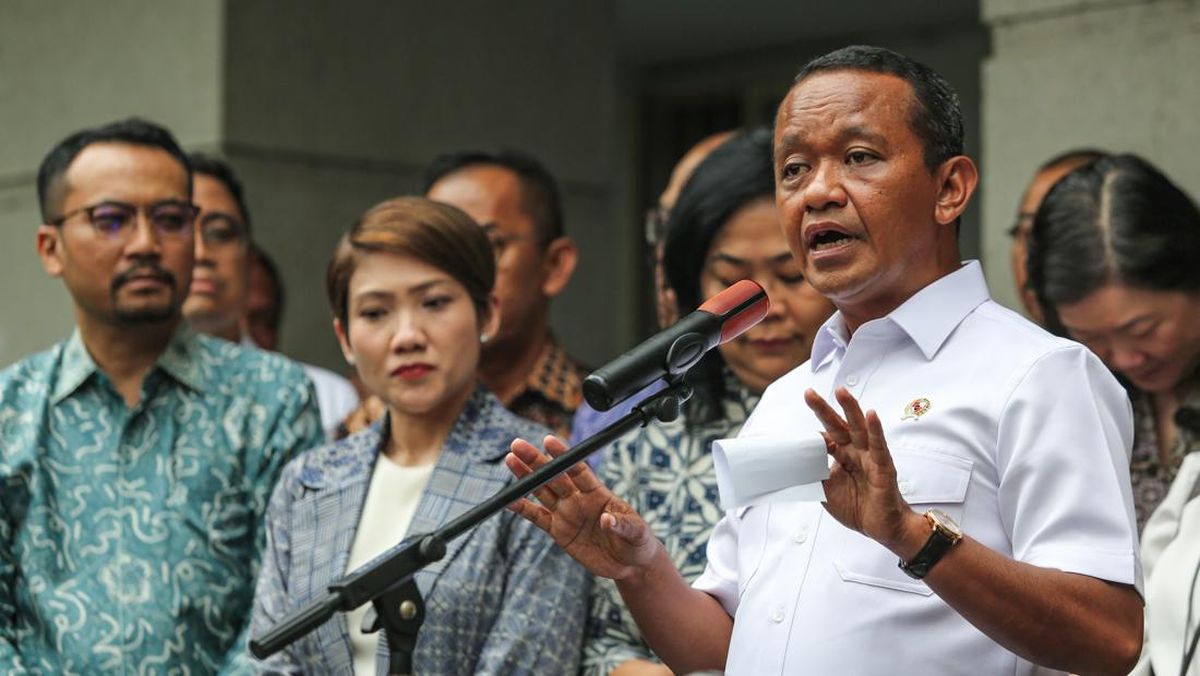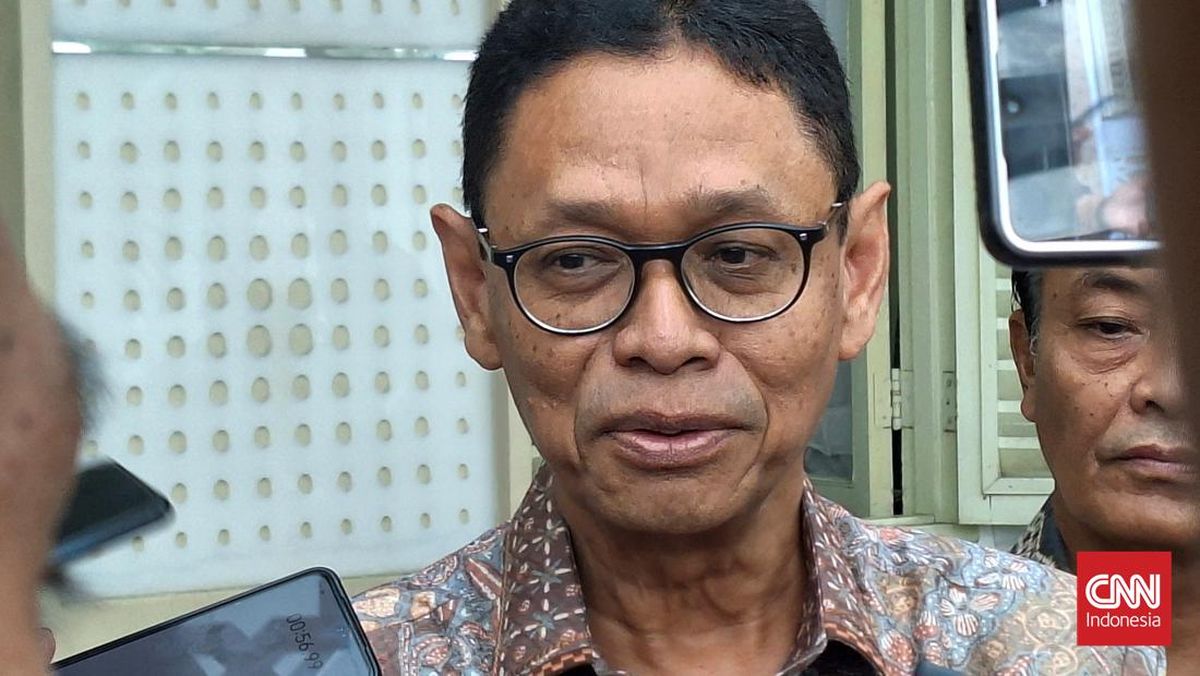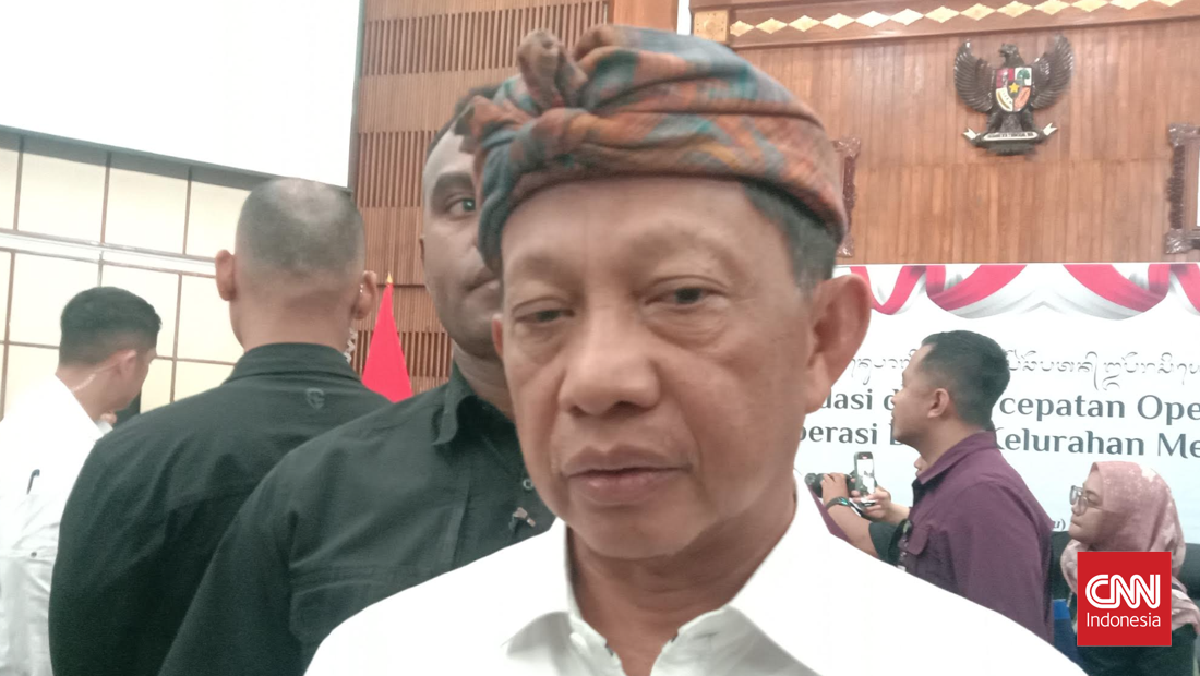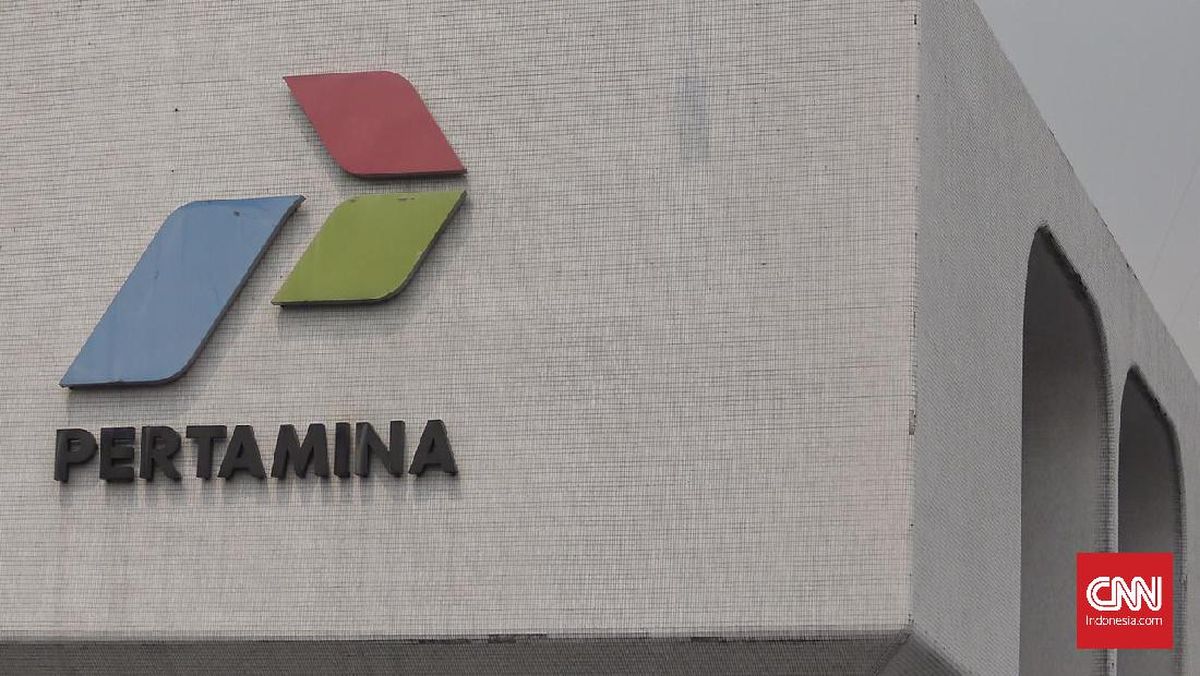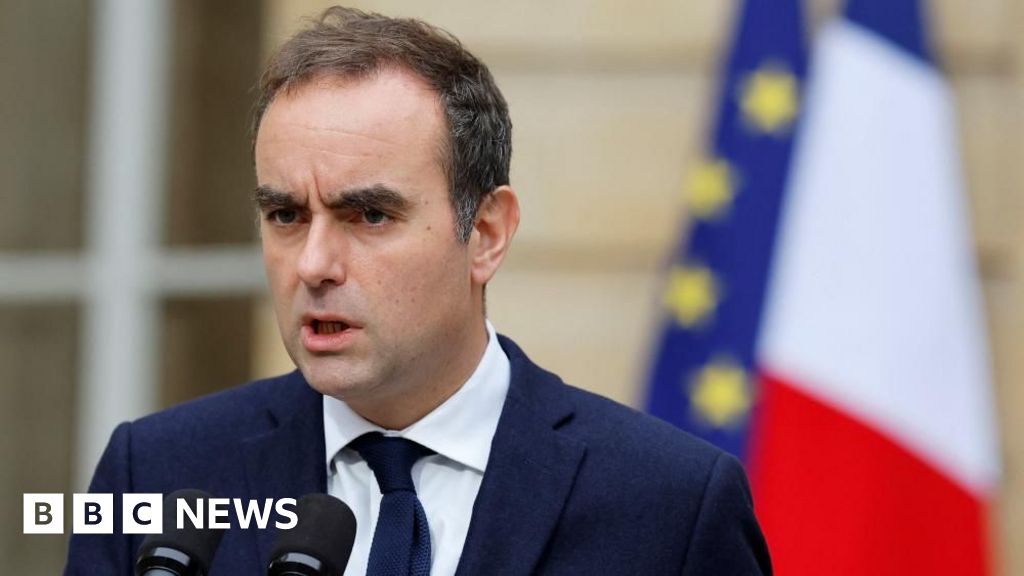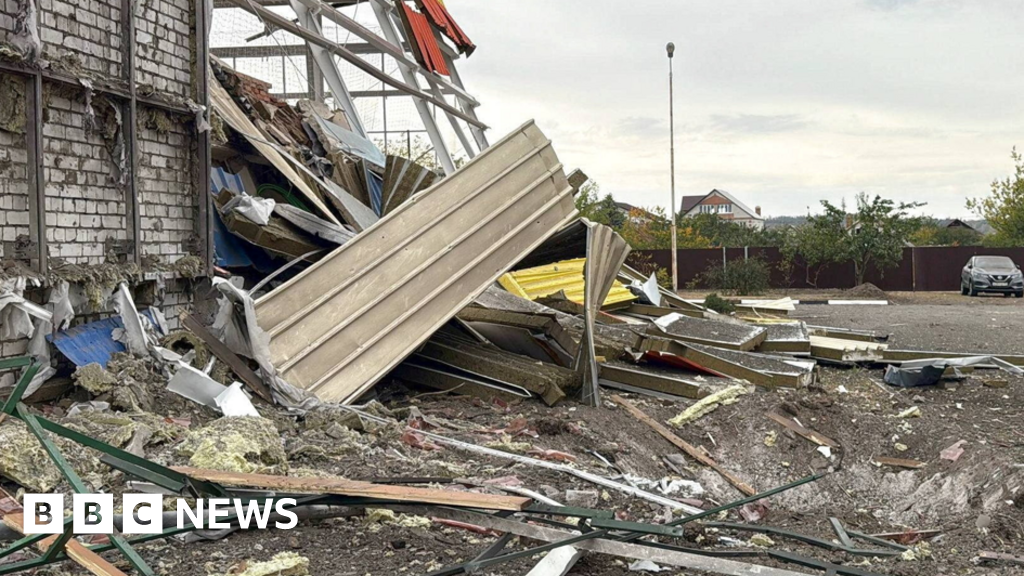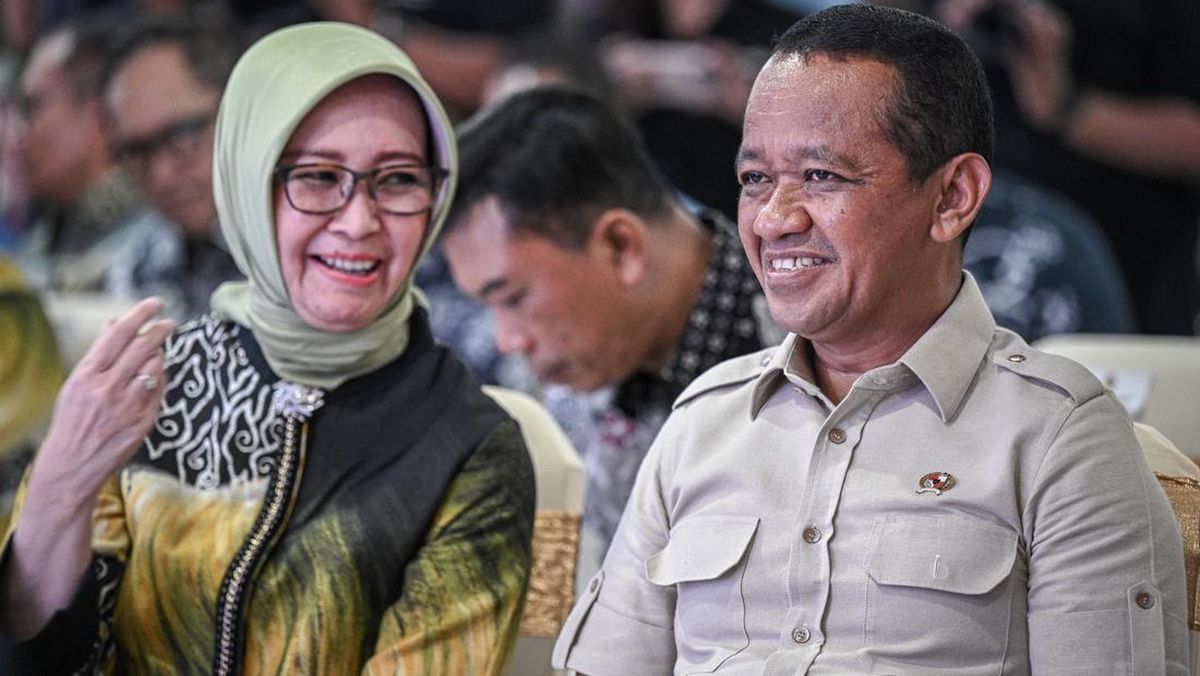The Reserve Bank is poised to deliver its fastest cut in interest rates since the early days of the COVID-19 pandemic as it seeks to protect the economy from the fallout of US President Donald Trump’s latest tariff war and encourage households to open their wallets.
But the impact of the Trump plan may turn out to be a small positive if United States-based manufacturers leave America in favour of other nations with lower tariffs such as Australia, according to the independent Productivity Commission.

Financial markets and most economists expect RBA governor Michele Bullock to announce another interest rate cut on Tuesday.Credit: Bloomberg
The Reserve Bank’s monetary policy board started its two-day meeting on Monday. Financial markets and most economists expect it to back a further quarter percentage point cut in the official cash rate.
Following its May rate cut, interest rates would be at a two-year low of 3.6 per cent. It would be the first time the bank has delivered back-to-back rate cuts since March 2020 when the RBA sought to protect the country from the fallout of the pandemic.
On a $600,000 mortgage, a rate cut on Tuesday would be worth $100 a month and take to $300 the monthly savings since the Reserve Bank started easing monetary policy in February.
Loading
Lower inflation, which fell to 2.1 per cent in May, and sluggish economic growth combined with the potential fallout from the Trump tariff agenda have all driven up expectations of a rate cut on Tuesday with a high chance of another rate reduction in August.
An ongoing concern has been the continuing strength of the jobs market. Unemployment has remained about 4.1 per cent for the past year with the country adding almost 330,000 jobs.
The latest ANZ-Indeed measure of job ads, released on Monday, lifted by 1.8 per cent in June to be at its highest level in a year.
Callam Pickering, Asia-Pacific chief economist for the jobs site, Indeed, said while the jobs market might be strong, low inflation and persistently weak household spending meant the economy needed more support.
“We believe the RBA will need to cut rates at least another couple of times this year to provide sufficient support to households and businesses, while ensuring that the unemployment rate remains low and we avoid recession,” he said.
“We expect the RBA to cut rates this week, with another cut at either their August or September meetings.”
Not all economists are convinced the RBA will cut rates on Tuesday.
Betashares chief economist David Bassanese said the bank could wait until the next quarter inflation report, due to be released at the end of the month, to get a better handle on how the economy was performing.
“It might also help to hold off the impending house price boom for at least another month. It would also give themselves a bit more time to assess what Trump does with tariffs as the July 9 deadline passes,” he said.
New modelling by the Productivity Commission suggests the proposed tariffs may not pose such a problem to Australia’s economy.

Donald Trump is due to update his “Liberation Day” tariff agenda this week.Credit: AP
Trump’s “Liberation Day” tariffs, alongside those on aluminium, steel and automobile parts, could lead to a 0.4 per cent lift in Australia’s gross domestic product, the commission said, as productive assets such as machinery and manufacturing facilities were moved out of the US towards countries with lower tariffs.
That would slightly increase Australian production of goods and services, the report found, further boosted by cheaper imports to Australia from the rest of the world as they redirect their supply away from the US.
However, Productivity Commission deputy chair Alex Robson said the indirect impact of uncertainty and risks from US trade policy could come with far-reaching costs.
Loading
“When businesses are uncertain about the future, they are less likely to invest,” he said. “The global uncertainty [that the proposed tariffs] have brought about could affect living standards in Australia and around the world.”
Robson also warned against Australia imposing retaliatory tariffs, noting Australia’s prosperity had been built on free trade.
“Further retaliatory escalation could spiral into a broader trade war, which would bring serious consequences for Australia and the world,” he said. “Australia can promote long-term economic stability by continuing to talk the talk – and walk the walk – on free and open trade.”
The commission’s findings are at odds with those compiled by the federal Treasury and the Reserve Bank which have warned tariffs will have a negative economic impact on Australia.
Their modelling takes into account the impact of the tariffs on the exchange rate and the response of other countries.
Australian imports to the US have been hit with a “baseline” tariff of 10 per cent since “Liberation Day” with higher imposts on steel and aluminium.
Trump is due to confirm on July 9 which nations will have their tariff levels reduced, although all importers will face the 10 per cent hit.
Cut through the noise of federal politics with news, views and expert analysis. Subscribers can sign up to our weekly Inside Politics newsletter.
Most Viewed in Politics
Loading




